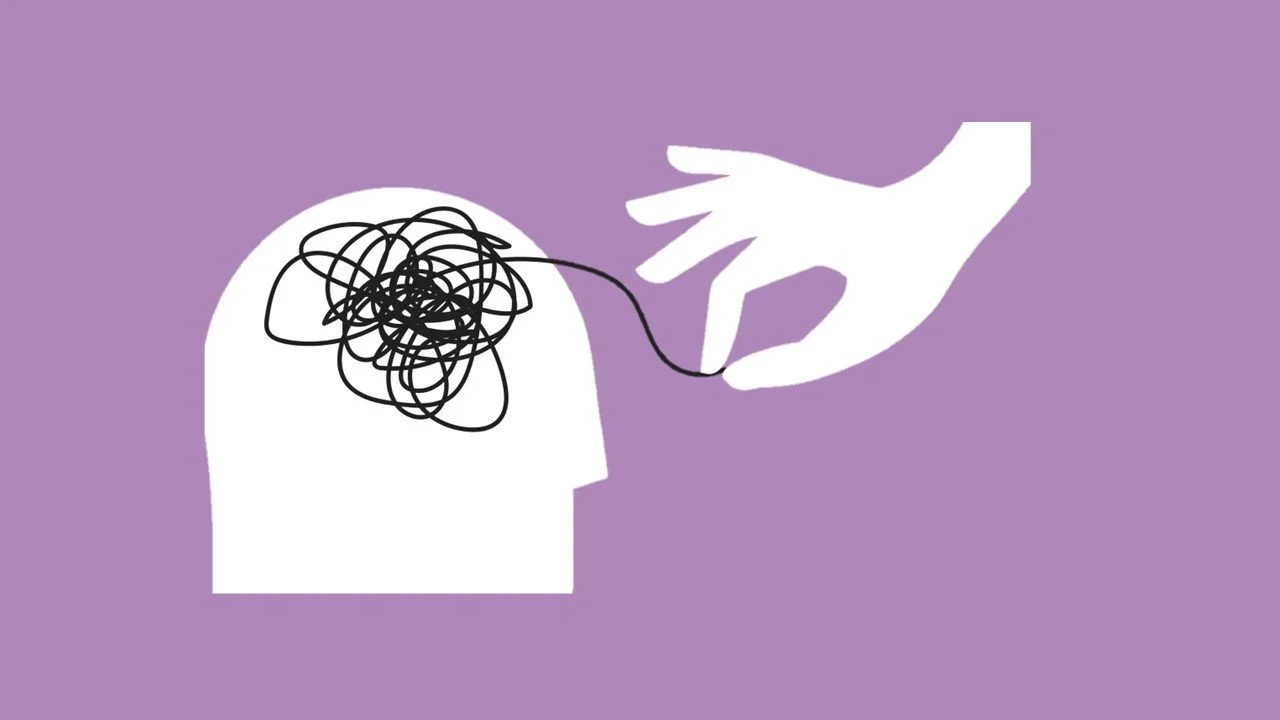It’s good to talk!
When I worked in England, British Telecom (BT) ran a marketing campaign - ‘it’s good to talk’. I am going to borrow this phrase for my article’s title this month. You can find a link to the campaign here!
It was back in the day when telecommunication companies were promoting voice calls. Before mobile phones became what they are today. The message was simple; connect with your friends and loved ones, it’s only a phone call away!
And when I met with a good friend last week, after not seeing her for a while, she mentioned how important it was for humans to have someone (friend/family) to talk to. I immediately told her that I was going to make it my March article!
Talking is such a precious tool especially when seeking clarity or even just understanding our thinking because we can get claustrophobic with our own thinking.
And the brain is a connection machine, but it often needs a catalyst to help it connect the dots or create new possibilities and neural pathways. Or what neuroscience calls the ‘a-ha’ moments. I think the best catalyst to help with this process is another human.
I remember earlier this month going to a technology mall in Kuala Lumpur to change my laptop battery and upon having my battery changed, I called my husband and told him, ‘I need to talk to you about my battery-changing experience, please keep yourself free!’
My experience was not great, and I knew all the emotions (energy) I had experienced and was still experiencing needed to be expended.
Talking with someone else about our experiences, challenges or doubts can give us a different perspective or insight we may have never considered. Often the magic lies in hearing what we are thinking or seeing what we cannot ‘see’.
From a neuroscience perspective talking helps us regulate our emotions. In emotion regulation, the two key steps are labelling our emotions that we experience in a situation then reappraising our situation from a positive perspective.
Coming back to my battery-changing experience, as soon as I finished narrating my experience to my husband it did not feel so bad anymore. Something shifted, I had navigated my emotions and found the whole experience quite funny! If I could show you, pictorially, the outcome of talking it would be as shown below.
Talking - helps us untangle our thoughts and navigate our emotions
At the heart of this process is the individual and our emotional well-being. As individuals, we impact those around us. For those around us to be ok WE need to be ok.
I am working with an airline presently and a safety procedure that they practise in an emergency (all airlines do this) is to put an oxygen mask on ourselves first before helping others. It makes complete sense. If we are not ok, how can we possibly help others.
Something else that I learnt from the pilots I work with is a practice they have when they switch off autopilot. The pilot or co-pilot, whoever switches off autopilot, says ‘I have control’. It is bringing to the consciousness of both pilots who has control. I find this fascinating and important. Because it ties back to how our brains work.
95% of what we do, daily, is unconscious. Because the brain automates everything that it can for greater efficiency.
Think about it for a minute, most of what you do is on autopilot. You have a morning routine. You can drive to your office without thinking about the route you take. Driving has become automated that we text while we drive! (Please don’t do this, it tires the brain).
This is why change takes effort. Because getting off autopilot (taking back control) requires conscious effort.
Coming back to talking. Talking is a way of taking control. It helps us process the thoughts in our head without just letting them fester or remain in an endless loop or worse still create stories that are not true.
And those moments just after your conversation are equally precious. Your pathways are alive with possibilities. Use that time to journey with your brain. And WRITE down everything that pops up for you.
So, the next time you feel a little off-centre, had a negative experience or hit an impasse, please TALK to someone, and let your brain do the rest. (and I mean talk, NOT text).
Because it’s good to talk!
As always, you can reach me at yoga@yoganesadurai.com
